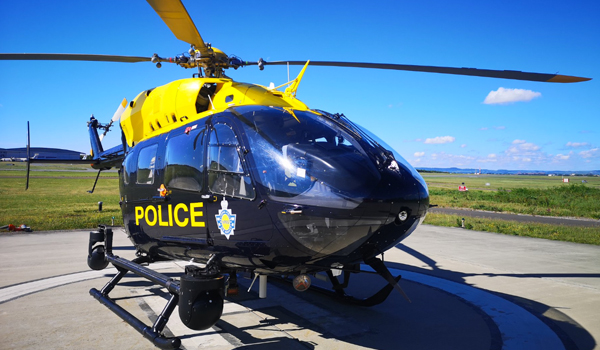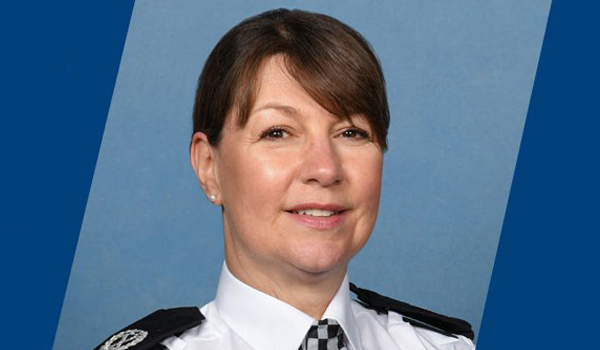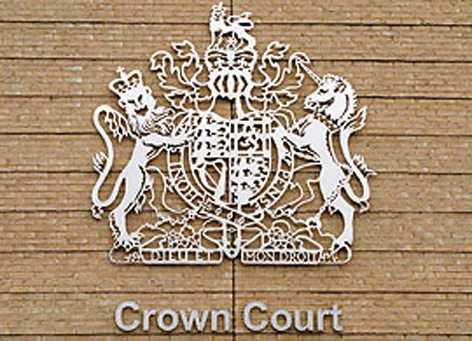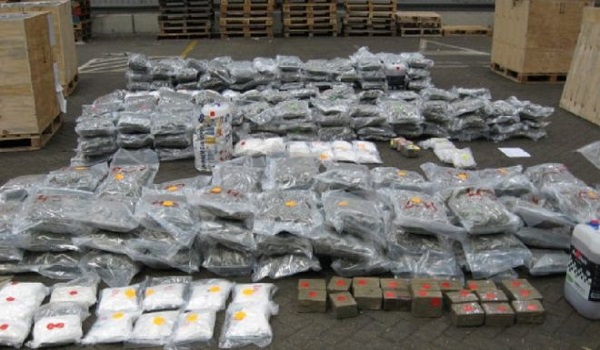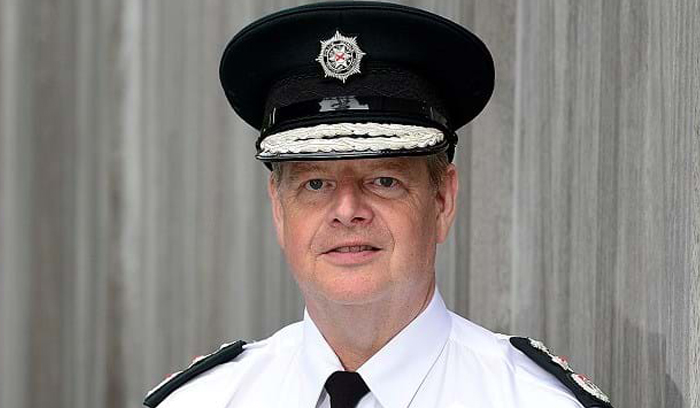New guidance for call handlers on role of NPAS helicopters following Grenfell Tower fire
New national recommendations to improve public understanding of how National Police Air Service (NPAS) helicopters operate in emergencies has been issued by the Independent Office for Police Conduct (IOPC).
The IOPC recommends that all emergency services call handlers are made aware that NPAS helicopters “do not have rescue capabilities” and they must “explicitly inform any callers” that the helicopters cannot conduct rescues.
It follows an investigation into a complaint that the use of helicopters during the Grenfell Tower fire in June 2017 encouraged residents to “move to higher floors to be rescued”. It was also claimed that the downdraft from the helicopters “fanned the flames” of the fire.
The IOPC said that on the night of the fire, calls were made to the emergency services from people inside the Tower asking to be rescued by NPAS helicopters on-scene.
“NPAS helicopters are not rescue helicopters and are not equipped to rescue people from fires or rooftops,” said the IOPC. “The investigation found that some handlers did not directly respond to these requests for helicopter rescue and some responses were unclear.
“We have therefore recommended that all emergency services call handlers must be aware that NPAS helicopters do not have rescue capabilities; and must explicitly inform any callers who mention helicopter rescue during an incident to which NPAS is deployed, that NPAS helicopters cannot conduct rescues.”
The IOPC investigation found that the deployment of the helicopters was “justified” and that none of the helicopters flew close enough to the Tower for their rotor wash to have worsened the fire.
The complainant, Nabil Choucair, who lost several family members in the disaster, said he believed the use of helicopters encouraged some Grenfell residents to remain in the Tower in the hope of a helicopter rescue and that the downdraft from the helicopters fanned the flames, worsening the fire.
IOPC Regional Director Sal Naseem said: “While we did not uphold these complaints, we fully acknowledge that the matters raised by the complainant were valid and required investigation.
“As part of our investigation we also examined whether any emergency call centre operators encouraged anyone to move to higher floors to be rescued. Despite some examples of unclear communications, we found no evidence that any emergency call centre operators advised callers that helicopters would rescue them.
“The recommendations we have made, and which have been accepted, aim to ensure that call operators communicate, to people who find themselves in similar horrific and life-threatening situations, the reality of the choices they have.
“We sincerely hope that the breadth of the investigation report provides some reassurance around the actions of police officers and their use of police helicopters in their response to the tragic events of June 14, 2017.”
Seventy-two people were killed in the fire in West London and Mr Naseem said the IOPC extended its “deepest sympathies to Mr Choucair, all those who lost loved ones and the survivors whose lives have been changed forever”.
He added: “We also recognise the impact this tragedy had on those many people otherwise personally affected and right across the country.”
The IOPC said to ensure that the investigation did not undermine or delay the ongoing Metropolitan Police Service (MPS) investigation into the fire, it decided this complaint should be investigated by the MPS as part of a managed investigation.
The use of police helicopters is coordinated by the NPAS, which is operated on behalf of police forces in England and Wales by West Yorkshire Police (WYP).
“Our investigation therefore examined the role of both the MPS and WYP,” said the IOPC. “Having considered the evidence, we agreed that there was no indication of any criminality, misconduct or poor performance for any person serving with the MPS or WYP.”


